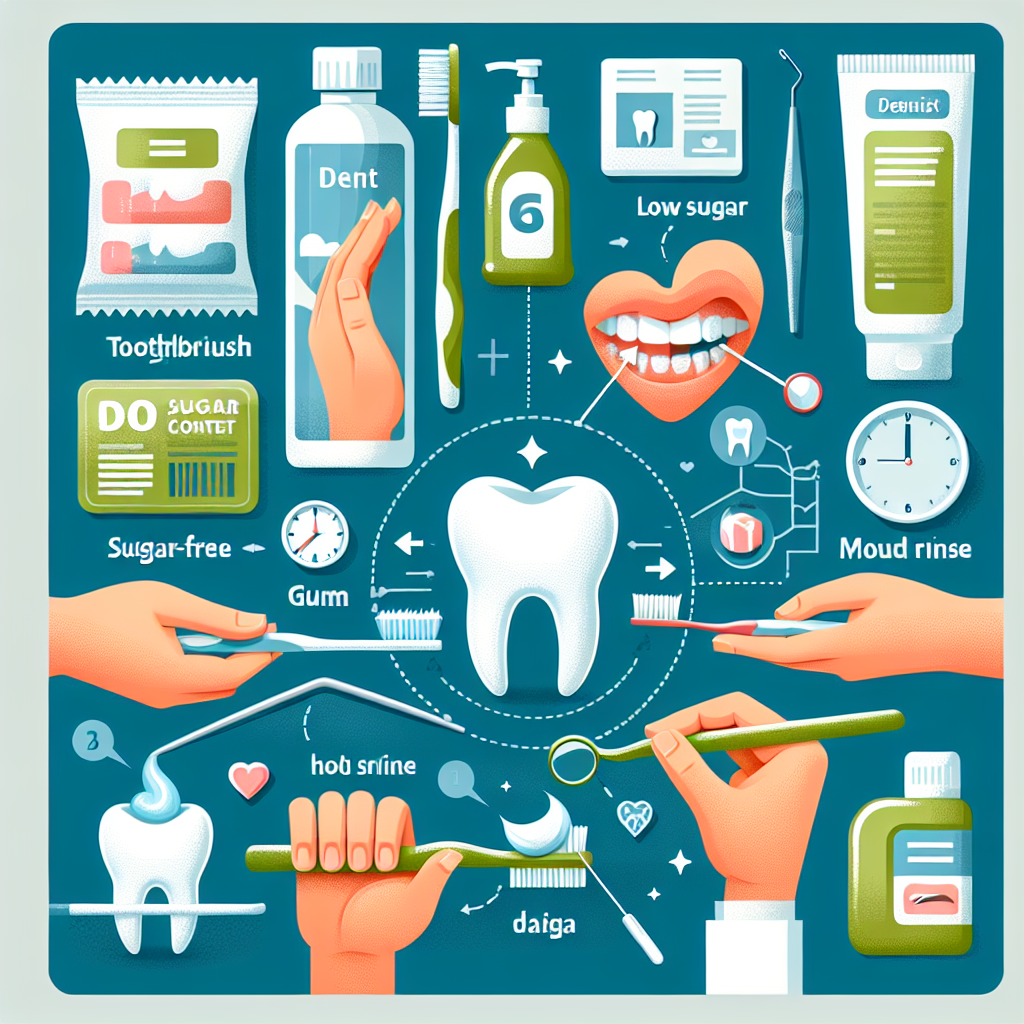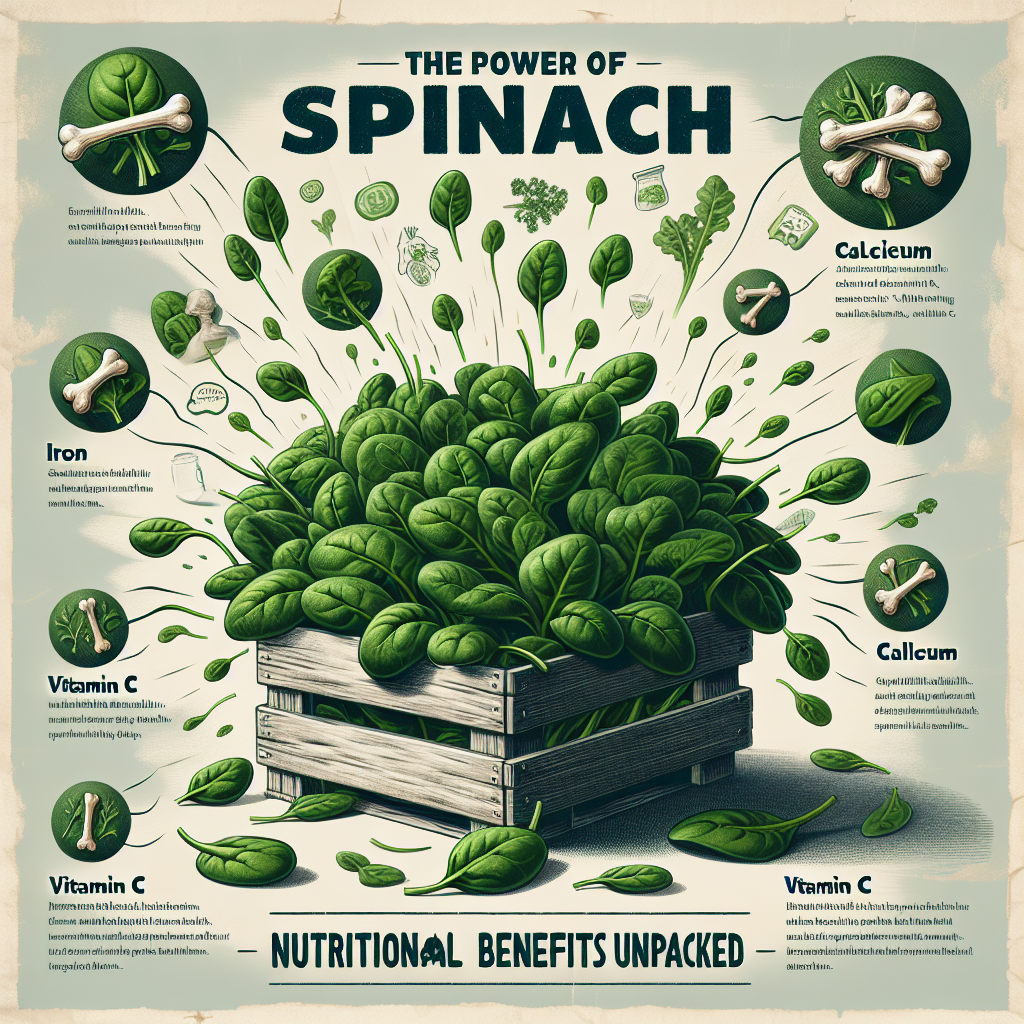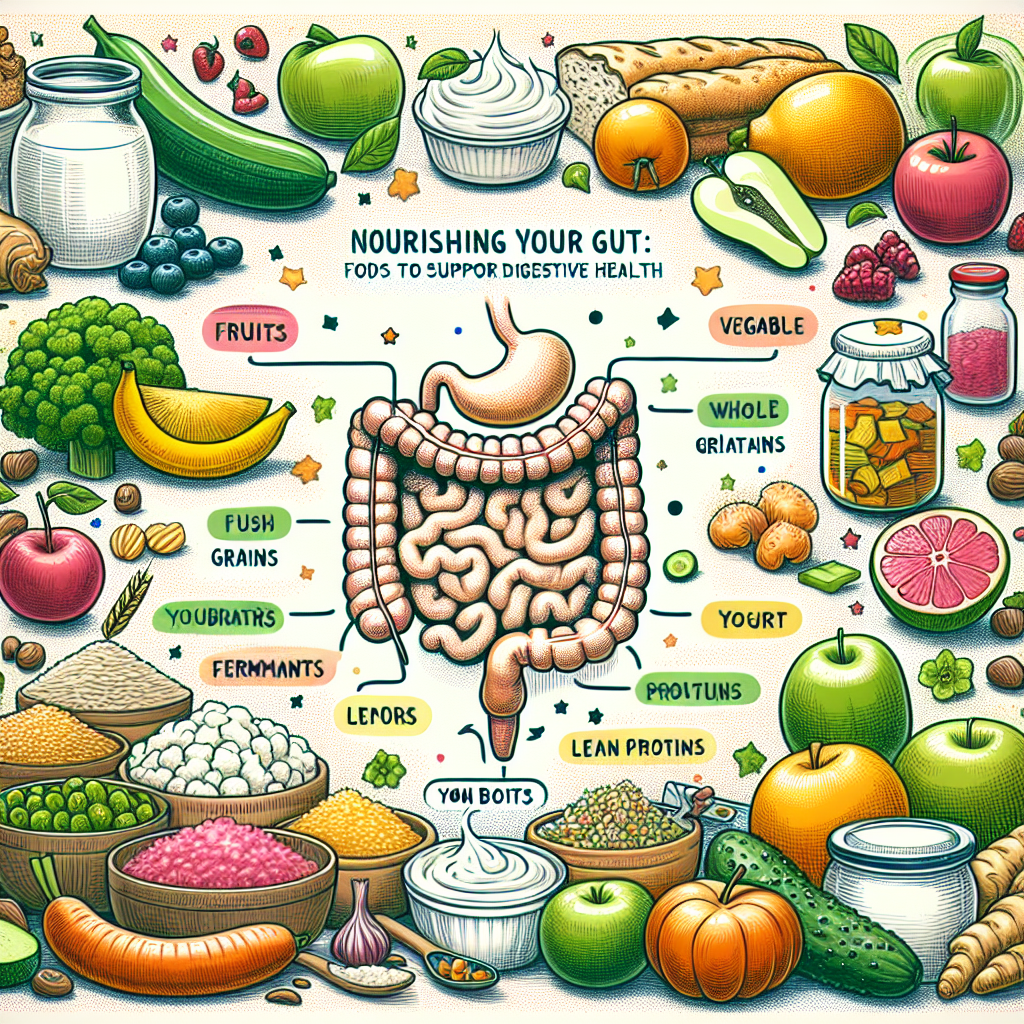Highly Effective Ways to Keep Your Oral Hygiene in Check
1. Regular Brushing
Brushing your teeth at least twice a day is fundamental for maintaining oral hygiene. Use a fluoride toothpaste and a soft-bristled toothbrush. Make sure to brush for at least two minutes, covering all surfaces of your teeth and along the gum line.
2. Floss Daily
Flossing is essential to remove plaque and food particles from between your teeth and under your gum line where your toothbrush can’t reach. Aim to floss at least once a day to keep these areas clean and to prevent gum disease.
3. Rinse with Mouthwash
Using an antimicrobial mouthwash can help reduce bacteria in your mouth and freshen your breath. Look for mouthwashes that contain fluoride for added protection against cavities.
4. Stay Hydrated
Drinking plenty of water throughout the day is important for oral health. Water helps wash away food particles and bacteria, and it also combats dry mouth, which can lead to tooth decay and bad breath.
5. Eat a Balanced Diet
A diet rich in fruits, vegetables, whole grains, and lean proteins supports oral health. Foods high in sugar can contribute to tooth decay, so it’s best to limit sugary snacks and beverages.
6. Avoid Tobacco Products
Tobacco use can lead to gum disease, tooth discoloration, and oral cancer. Quitting smoking or using tobacco products significantly improves your oral health and reduces the risk of serious complications.
7. Regular Dental Checkups
Visiting the dentist at least twice a year for routine cleanings and examinations is crucial. Dental professionals can detect early signs of oral health issues and provide treatments before they become serious.
8. Use Protective Gear
If you play contact sports or grind your teeth at night, consider using a mouthguard. This protective gear can prevent injury to your teeth and jaw and help maintain your overall oral health.
9. Educate Yourself
Stay informed about oral hygiene practices. Understanding the connection between oral health and overall health can motivate you to maintain your hygiene routine and recognize when to seek professional help.




Post Comment